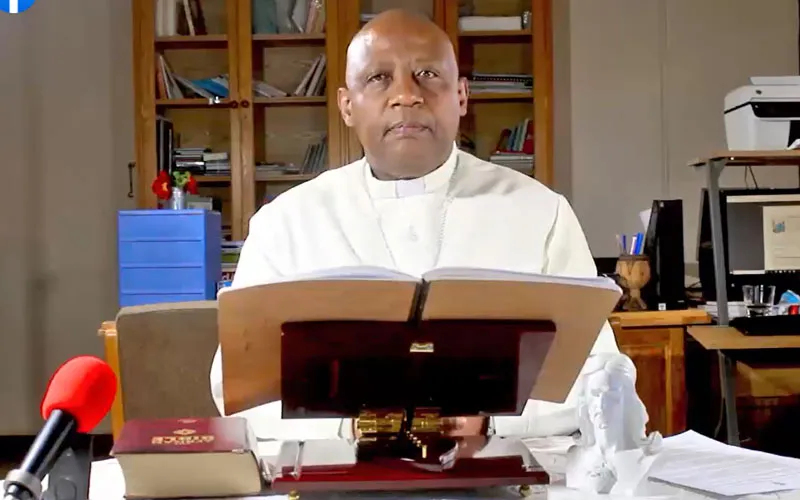“Some people and groups have expressed a few safety and ethical concerns around the COVID-19 vaccines. These have caused a number of people refusing or expressing a reluctance to accept the vaccine,” the Bishops said in their statement.
Some of the concerns SACBC members highlighted included the duration of the production of the vaccine, the fear that the vaccine would change the DNA of those who receive it, and the claims that the jabs were being made from aborted fetuses.
The Catholic Church leaders assured the people of God in South Africa that research on the global pandemic was done faster and different “trusted” scientists in the country had acknowledged that the speed of development of the vaccines has been “a reflection of the level of scientific advancement that we are now at rather than that it was in any way recklessly rushed through.”
They also dispelled the fear that the jab will change people’s DNA, saying “The COVID-19 Vaccine is not made of DNA elements and therefore cannot change our genetic code.”
Reacting to the claims that the jabs were being made from aborted fetuses, SACBC members said, “It is true that some vaccines including COVID-19 Vaccine originally included a protein sourced from a foetus but there is no evidence that current vaccines are directly made out of foetal tissue, nor is it true that foetuses were intentionally harvested to make the COVID-19 vaccine.”
In the June 29 video message, Bishop Phalana encourages the uptake of the vaccine saying that it is an answered prayer.
“We were praying for a solution and the Lord gave us scientists, medical doctors, who have come up with a vaccine,” he said.
Bishop Phalana goes on to recognize that South Africans are going through “a very difficult time” because of the pandemic and the regulations instituted to control its spread.
On June 27, South Africa’s President Cyril Ramaphosa announced stringent measures to contain the spread of COVID-19.
Some of the measures include the prohibition of all indoors and outdoor gatherings except for funerals, a ban on travel in and out of Gauteng Province – reported epicentre of the disease – the institution of a 9 p.m. and 4 a.m. curfew and the closure of all schools in the country, among other restrictions.








